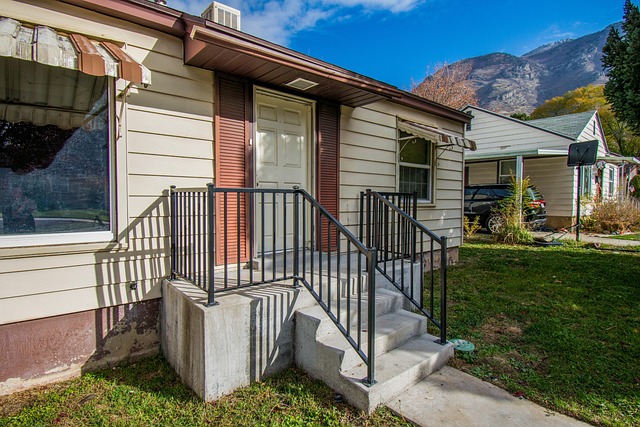Equity in real estate is the unencumbered value of a property, calculated by subtracting debts from its market value, and is crucial for assessing wealth and investment potential. It's built through paying off mortgages, timely tax payments, and maintenance, with strategic renovations increasing desirability and equity over time. However, costly renovations without market demand may not always yield positive returns. For investors, building equity provides long-term stability and potential profits, with strategic updates ensuring property competitiveness in the market.
In the dynamic realm of real estate, maximizing equity through strategic planning is paramount. Understanding the significance of equity, which represents the value above the mortgage or loan, forms the backbone of successful investments. This article guides you through navigating the process of future updates, from assessing property potential to implementing renovation strategies. By balancing cost-benefit analyses with return on investment (ROI), real estate investors can effectively build and preserve equity, ensuring their properties remain competitive in today’s market.
Understanding Equity in Real Estate

Equity in real estate refers to the value that a property owner has above and beyond any outstanding loans or mortgages on the property. It’s a crucial measure of wealth for both individuals and investors, as it represents the unencumbered value of a real estate asset. When planning future updates and improvements, understanding equity is essential because it directly impacts your financial position and investment potential.
In the dynamic world of real estate, equity can be built through various means, such as paying down mortgages, making timely property tax payments, and ensuring regular maintenance to keep the property’s value high. During renovation or update projects, it’s important to consider how these changes will affect equity. Strategic updates that enhance the property’s desirability and value can significantly increase equity over time, while costly renovations without a corresponding market demand might not always yield a positive return on investment.
– Definition of equity and its significance in real estate investments

Equity, in the context of real estate, refers to the value that belongs to the owner of a property, calculated by subtracting any outstanding loans or mortgages from the market value of the asset. It’s a measure of wealth and an essential factor in understanding the financial health of both individual investors and the real estate market as a whole. In the dynamic world of real estate, equity plays a pivotal role, acting as a catalyst for growth and a buffer during economic downturns.
For investors, building equity is a primary goal, as it signifies ownership and potential future profits. It encourages long-term investments, fosters stability, and can lead to significant financial gains over time. In the real estate sector, equity strategies involve careful planning for updates and renovations that enhance property value, thus increasing equity. By prioritizing well-researched, market-driven improvements, investors can ensure their properties remain competitive, attract tenants or buyers, and ultimately maximize their return on investment.
– How equity builds over time

In real estate, equity builds gradually as investors or homeowners make payments on properties over time. When an individual purchases a property, they initially pay a portion of the total price, with the remaining balance becoming an investment or loan that accrues interest. Each subsequent payment reduces this outstanding balance, incrementally increasing the owner’s equity stake in the real estate asset. This process is akin to building a savings account where regular contributions lead to substantial growth over extended periods.
Over time, factors like property appreciation and consistent mortgage payments contribute to equity growth. Property appreciation occurs when the market value of the real estate increases due to various economic factors, neighborhood development, or improvements made to the property itself. As the property’s worth rises, so does the homeowner’s equity, providing a valuable financial asset that can be leveraged for future investments or significant life events like retirement or education funding.






